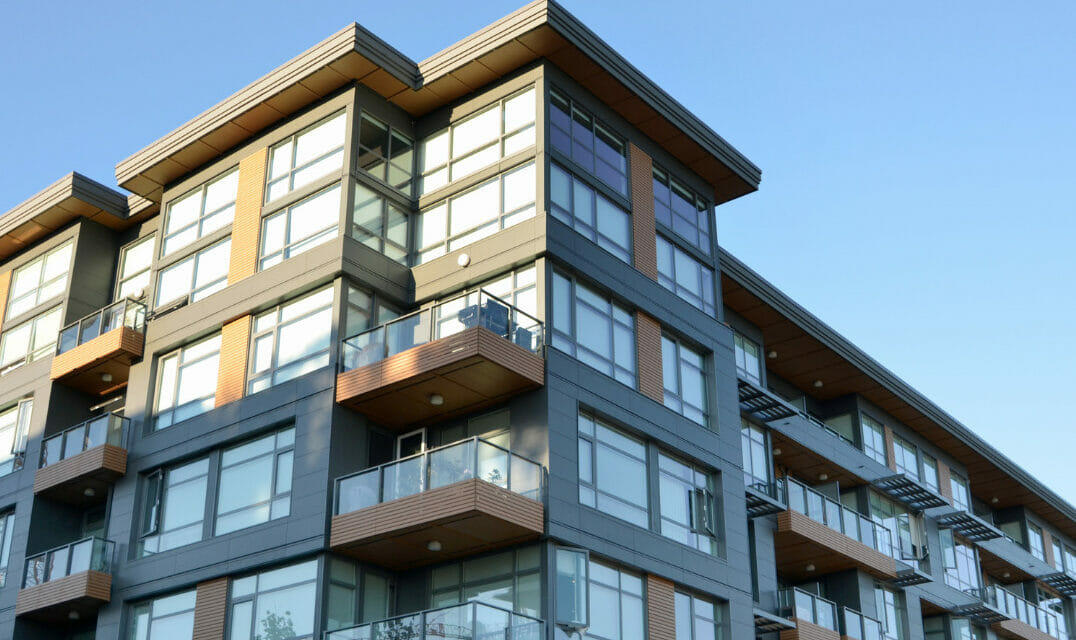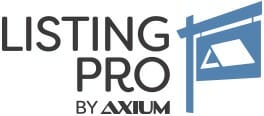Denver’s new laws surrounding rental inspections can be difficult to navigate if you’re a homeowner or property manager. These regulations are intended to ensure that housing units meet basic safety and health standards – but it is essential to understand what the Denver residential rental inspection program entails. This article will cover an overview of the various aspects of managing a rental home or apartment unit under this program; from understanding your rights and responsibilities regarding these regulations to remaining compliant with established standards. By learning more about the process, homeowners and renters alike may protect their investments while also maintaining regulatory safety requirements by creating a safe environment for everyone involved in the transaction.
What is the Residential Rental Property Inspections program?
On Wednesday, May 3rd, 2021, the Denver City Council passed an ordinance that has far-reaching implications for anyone wanting to offer a residential rental property in the City and County of Denver. Residential rental property includes any buildings, structures, or accessory dwelling units rented or offered for rent as a residence for 30 days or more. The new law requires all residential rental property owners to obtain a license from the city to legally operate their rental space. This license is intended to ensure compliance with local laws and regulations and to protect both tenants and landlords from harm.
When do these regulations take effect?
Anyone who is offering, providing, or operating a residential rental property composed of two or more rental dwelling units on a single parcel must now obtain a license. This includes individual apartment facilities, apartment complexes, and duplexes where both components are being rented out. If an application is made in 2023, then those with single units will receive half-off their application fee.
Starting on January 1st, 2024, anyone who is offering, providing, or operating a residential rental property which consists of a single dwelling unit on a single parcel will be required to get a license as well. Examples of such properties include single family homes for rent and triplexes wherein one unit is being offered for rent. All candidates must demonstrate that they meet all safety standards and other requirements set forth by the City of Denver before they are permitted to operate any residential rental properties.
When should you submit your application?
Property owners must submit their license application for residential rental property within 90 days of an initial, successful inspection. The City of Denver requires that a re-inspection is performed and submitted within one year of the application being made in order to maintain the validity of the license. It is important to note that all inspections must meet the standards set by state and local building codes for health and safety to be deemed valid. Furthermore, any changes made to the property after the initial inspection must be reported for the re-inspection to be considered successful.
It is also recommended to get your application in as soon as possible since the license application is only the first step in the process. To qualify for an approved license, one must complete all the following steps:
- A completed Denver rental license application.
- An inspection must be conducted by a certified third-party inspector who has achieved certification from the American Society of Home Inspectors (ASHI) or the International Association of Certified Home Inspectors (InterNACHI) and holds an R5, C5 or C8 Combination Building Inspector certification from the International Code Council. Applications for this inspection must be submitted to the appropriate governing body within 90 days of the initial inspection being performed.
- Submit the required fees for the application and license.
How do you find a qualified inspector?
To find an inspector who meets the qualifications for the residential rental license program in Denver, property owners/managers must confirm that any chosen inspector is certified by the American Society of Home Inspectors (ASHI), the International Association of Certified Home Inspectors (InterNACHI), or the Master Inspector Certification Board. Additionally, inspectors must possess a certification as an R5, C5, or C8 Combination Building Inspector from the International Code Council (ICC). This ensures that all inspections performed adhere to applicable standards set forth by these organizations.
Therefore, it is imperative that property owners/managers take the necessary steps to ensure that any inspector utilized for rental inspections has the proper qualifications and certifications in order to guarantee quality results. To view all inspectors in Denver that are certified to perform these inspections, you can always check the inspector registry on the City of Denver website found here. You can also schedule an ICC and InterNACHI certified rental inspection online directly with Axium Inspections.
I have more questions about the application process. What can I do?
If you have read through all the available resources on the Denver Rental Licensing application process and you still have questions there are a few things you can do to stay informed.
- Reach out directly to Axium Inspections or another certified inspection company to get more specific answers about the inspection process.
- You can subscribe to the City of Denver’s Residential Rental Property Bulletin. The City of Denver sends frequent updates about new program developments, additional resources, and FAQs. You can also check older bulletin emails here.
- Join the City of Denver for a semi-frequent, in-person question-and-answer session where you can openly ask questions that may not have been available on the City’s other resources. To stay up to date on these sessions, make sure to subscribe to the above bulletin emails.
We hope this article helped with informing you on the Denver Residential Rental Property Inspection Program, including when the regulations take effect and how to find a qualified inspector. For now, be sure to plan ahead and submit your application before the due date or risk facing additional penalties or fees. Should you have any additional questions regarding your own application process, Axium is available to assist you or you can read up on the City of Denver’s rental license resources found here. We can provide you with all the details about upcoming inspections as well as answer any questions you may have about the program. With our help, you can stay in compliance with regulations and keep up with all the latest updates. So don’t wait—call Axium today to start on your way to becoming compliant!





















